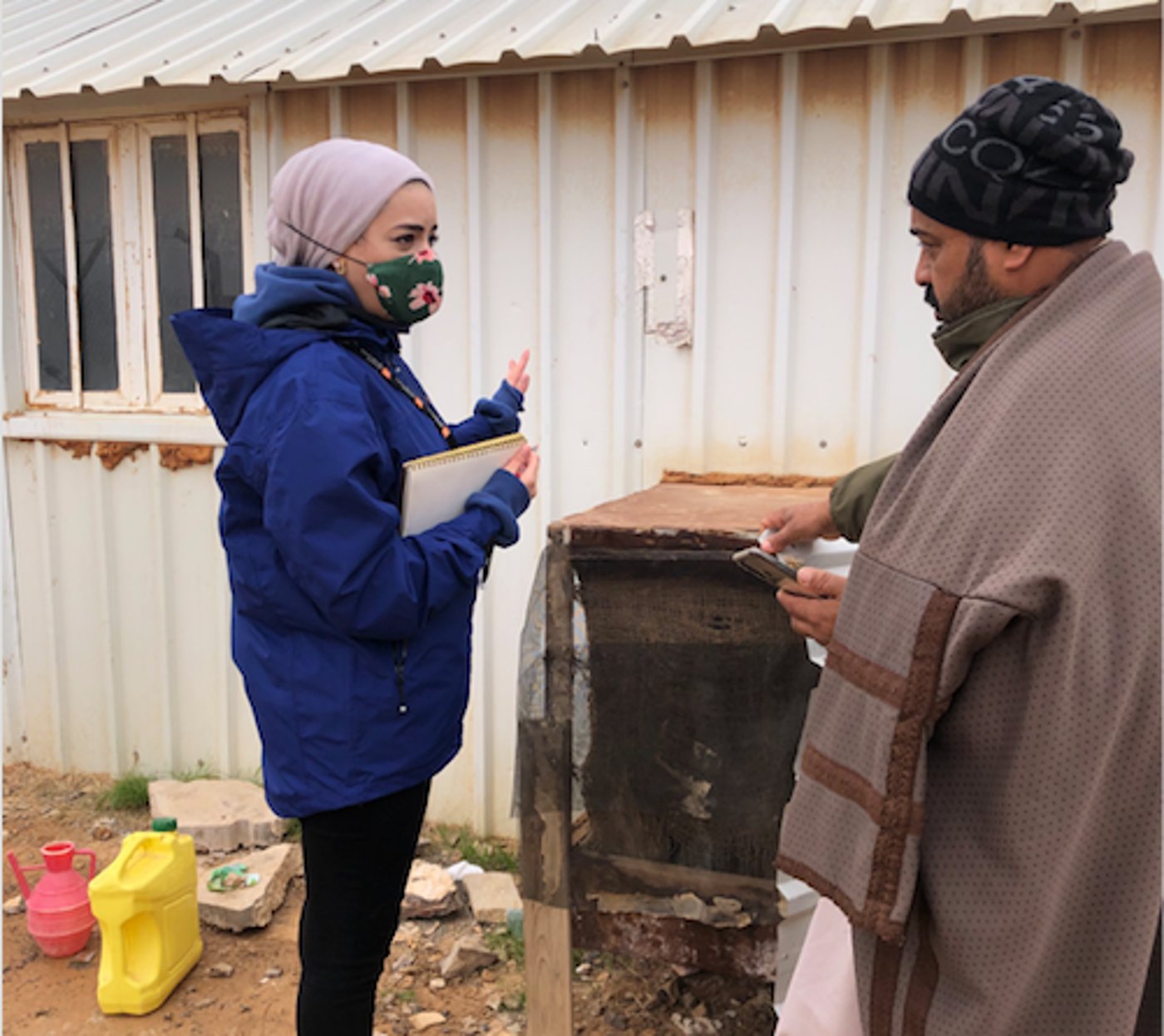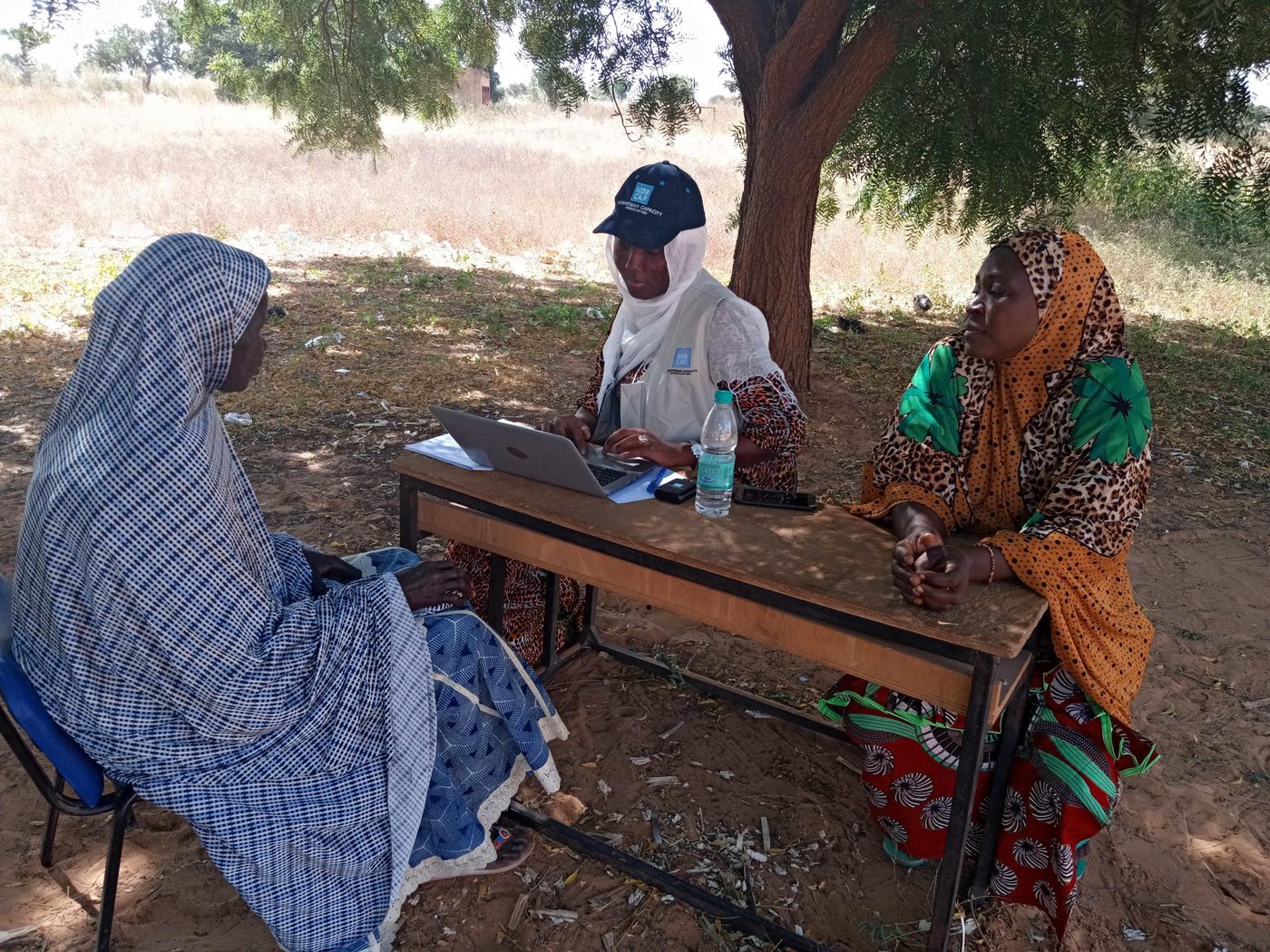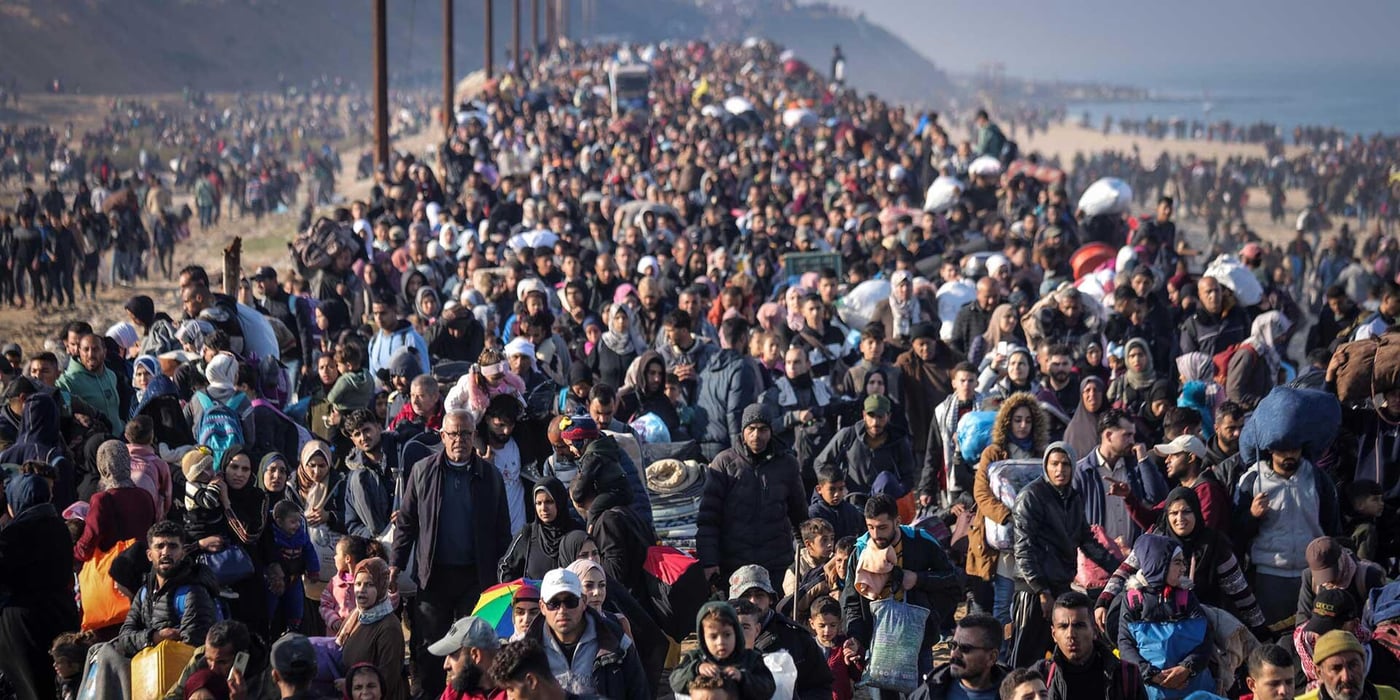

1. More energy deployments than ever + female accelerator program
In spite of the worldwide epidemic, NORCAP deployed a record number of energy experts to missions in 2020. Our experts have been working on issues such as solar power, bioenergy, efficient cooking methods and coordination, upholding NORCAP as the largest global supplier of energy expertise to the humanitarian sector.
Energy has traditionally not been perceived as a vital part of humanitarian and development missions, but fortunately, this has started to change over the last few years. Clean, renewable and efficient energy is not only a crucial component in climate mitigation, but equally in issues such as health, poverty, education and even violence.
As part of the increased efforts on energy deployments, NORCAP has launched the Female Accelerator Programme. The aim is to attract more female practitioners to the male dominated energy sector, thereby maximizing the impact of energy activities. Currently, five female junior experts are deployed under the programme, working on diverse projects across five organisations.

2. Replacing diesel with solar power
To bring about a global shift to clean and renewable energy, everyone needs to be on board – including the humanitarian sector.
As a part of the Norwegian Refugee Council’s (NRC) environmental initiative “Greening the Orange”, NORCAPs solar energy expert Mark Hankins helped the NRC country office in Mankien, South Sudan, replace their diesel generators with solar power in 2020. This does not only entail reduced fossil fuel emissions, but also less noise, less hazardous pollution and lower costs.
The humanitarian sector often operates in hard to reach areas. This results in lengthy and expensive transport of fossil fuels, sometimes even by plane or helicopter. With new solar systems like the one in Mankien, local sunshine hours can finally be made use of, freeing up funds that can be directed to those who need it the most.

3. Providing the right climate information
Climate change is already being felt around the world, providing stark reminders of the importance of adapting to a more extreme reality. NORCAP has continued to provide climate information services such as weather forecasts and seasonal forecasts to vulnerable populations.
But in order for climate adaption to be successful, it is vital that affected communities are able to speak their minds and are listened to. Do they prefer receiving weather forecasts by radio or SMS, for example, and is the climate information properly understood?
As part of our climate project, NORCAP has continued to stress community engagement when providing climate information to vulnerable populations. Building on an assessment conducted in 2019, one important initiative in 2020 was to conduct an in-depth assessment in three different communities in Niger, assessing current access and use of climate services for users such as fishermen, farmers and pastoralists.
The assessment showed that many rely on radio, tv and other technological devices to access climate services. It also underpinned something that NORCAP is already working on, namely that women’s participation is key to ensuring that all have access to the right information.

4. Clean biogas cooking in South Sudan
The potential for biogas plants in displacement contexts is huge, but they can be challenging to operate in such complex situations. When a new biogas plant in a refugee camp in Malakal, South Sudan, was not functioning properly, NORCAP energy expert Geophrey Oyugi stepped in to restore and optimise its capacity.
By September, the plant was running again, producing biogas from human waste to fuel a communal kitchen, thereby reducing the need for collecting firewood for cooking. This means less deforestation in the area surrounding the camp, and fewer lengthy, dangerous foraging trips for those collecting firewood. The risk of toxic indoor air and fire hazards due to wood burning, which are significant health threats in refugee communities, have also been greatly diminished. And last but not least, the yearly reduction of greenhouse gases adds up to 11 to 13 tonnes CO2 equivalents, according to Geophrey's estimations.
The project, headed by the International Organization for Migration, is one of numerous clean energy projects that NORCAP experts have been working on this year, all with a potential to significantly improve the lives of displaced people.

5. Expanding solar energy in Sub-Saharan Africa
In a continent where 600 million people lack access to electricity, a clean energy shift is pressing. But how do we realise it in practise?
In September 2020, NORCAP teamed up with Boston Consulting Group to release the report “Empowering Africa’s Most Vulnerable – Access to Solar Energy in Complex Crises”. Building on the experience of our experts and other stakeholders, the report identifies a range of actions that are needed to accelerate solar energy use among host and displaced communities.
Overall, solar energy has become cheaper than fossil fuels, especially in the longer term. One of the resulting positive messages in the report, is that as many as 9 million displaced people and host communities in Sub-Saharan Africa can benefit from solar solutions in 2030, at a relatively small cost.


